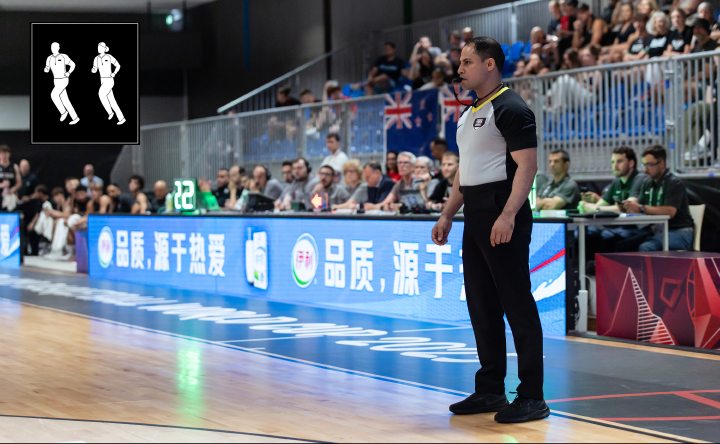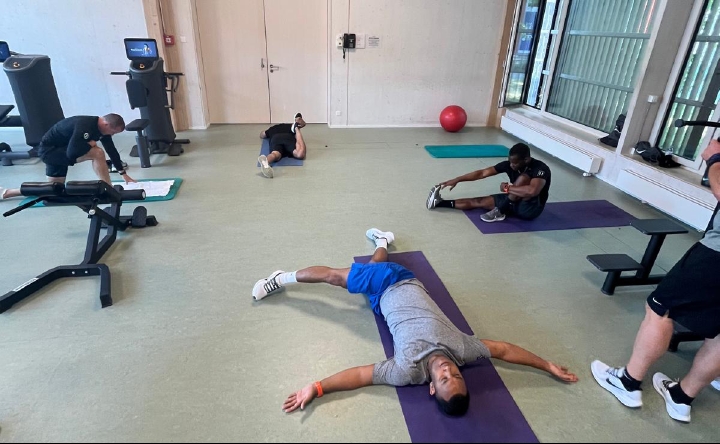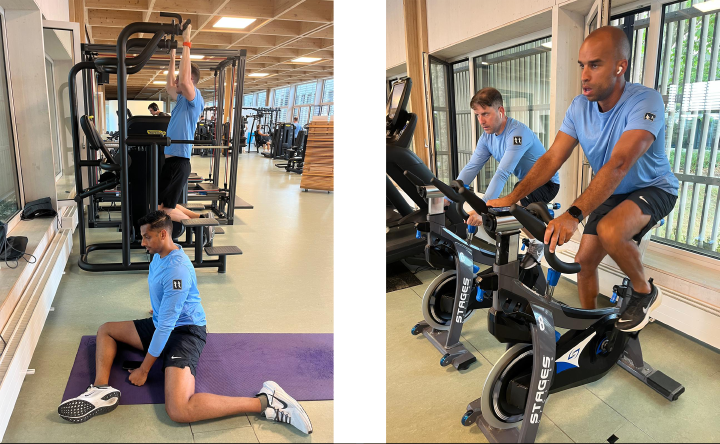A specialised "Game Day Activation" routine is the cornerstone of referees' preparation, ensuring they are ready for the intense demands of the tournament.

LAUSANNE (Switzerland) – As the world's top young basketball talent competes at the FIBA U19 Men's World Cup in Lausanne, a crucial, often unseen, element underpins the integrity of each game: the peak physical and mental condition of the officiating crews. A specialised "Game Day Activation" routine is the cornerstone of their preparation, ensuring they are ready for the intense demands of the tournament.
This 45-minute morning session, led by FIBA Referees Fitness Team, is designed to promote recovery, enhance mobility, and prevent injuries. With referees often officiating multiple high-stakes games in a short period, these sessions are vital for managing fatigue and maintaining the high-performance levels required on the court.

The activation begins with dynamic movements to restore joint mobility and activate soft tissues, followed by low-load, high-control strength exercises targeting injury-prone areas, such as the ankles, knees, and core. While the entire crew performs the activation together to build team cohesion, the program is tailored to each referee's physical state and recent workload.
For the referees, the benefits are essential. "Game day fitness gives me the physical and mental edge required to officiate basketball effectively," says Juozas Barkauskas of Lithuania. He emphasises that it enhances his ability "to keep pace with the game, reduces injury risk, and supports better decision-making."

This sentiment is echoed by Waseem Husainy from Canada, who notes the dual benefits. "It helps mentally by keeping my mind focused and the sweat from the workout releases endorphins that help me maintain composure throughout the day," he explains. "Physically, it keeps the body loose and increases mobility when I am making quick movements on the court...without risk of injury."
Beyond the individual physical readiness, the collective nature of the session is a key component. Yann Davidson of Madagascar highlights this aspect: "It’s also helpful because we go with the crew that we can already create links and start working together with everyone's habits and specificities." This shared routine builds a rhythm and confidence that translates directly to their collaborative performance on the hardwood of the Vaudoise aréna.
FIBA
